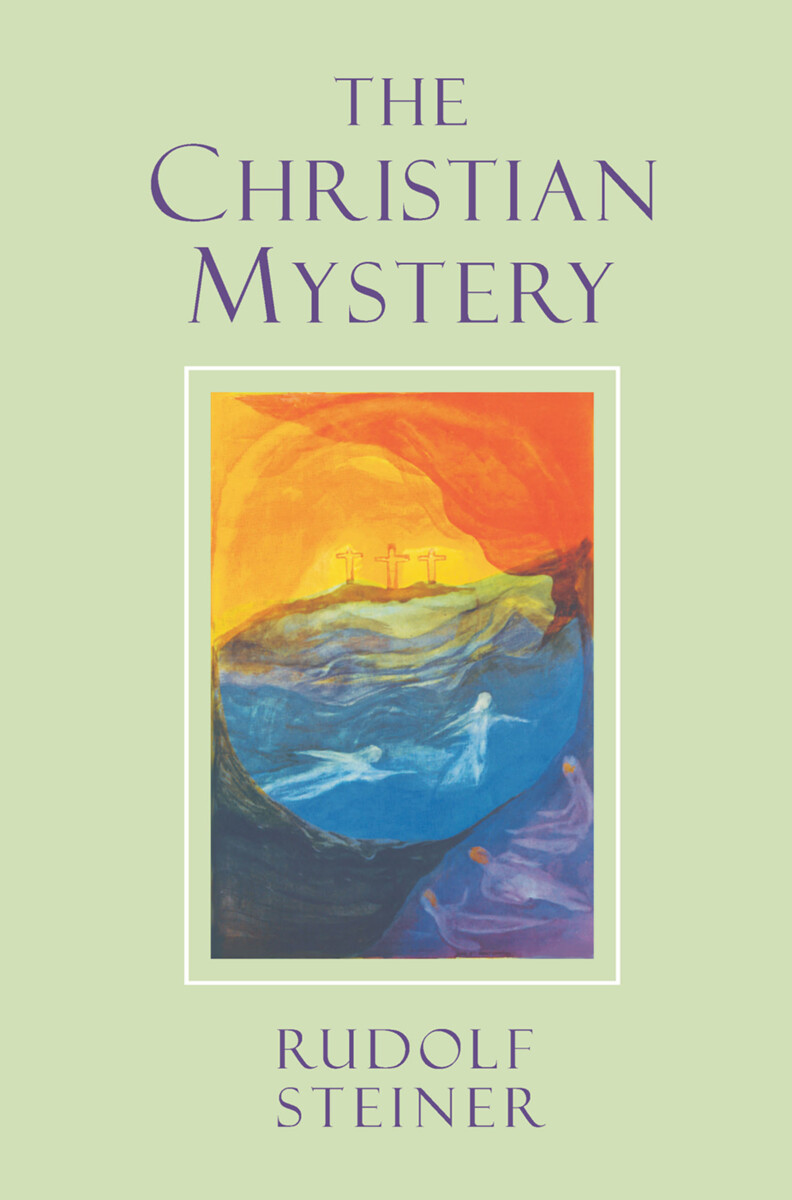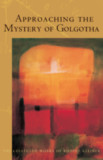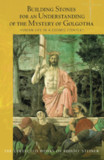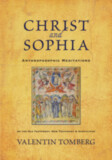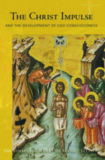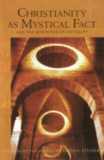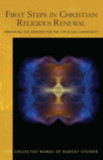The Christian Mystery
Introduction and notes by Christopher Bamford
Compiled by Christopher Bamford
Translated by James H. Hindes
- Publisher
SteinerBooks - Published
1st December 1998 - ISBN 9780880104197
- Language English
- Pages 288 pp.
- Size 6" x 9"
In this major collection, Rudolf Steiner affirms the reality of esoteric Christianity and unveils many of its secret teachings. His lectures are on the significance of the Mystery of Golgotha and of the Blood that flowed on the Cross; the relationship of Christ and Lucifer (or Love and Knowledge); the various paths of initiation, including the Christian-Gnostic and Rosicrucian Paths; and Steiner’s early interpretations of St. John’s gospel and the sermon on the mount. All of Steiner’s lectures on the Lord’s Prayer are also included, as well as the version of the prayer that Steiner himself prayed throughout his life.
This is an excellent book for all those who want to deepen their understanding of the Western stream of Christian esotericism and Rudolf Steiner's approach to Christianity as a spiritual practice.
C O N T E N T S:
Introduction by Christopher Bamford
1. Prologue
The Mystical Meaning of the Mass
The Significance of Christmas from the Perspective of Spiritual Science
The Origin of Religious Confessions and Forms of Prayers
2. The Christian Mystery
The Christian Mystery
The Mystery of Golgotha
The Promise of the Spirit of Truth
The World-historical Significance of the Blood that Flowed on the Cross
The Purification of the Blood from the Passion of Selfhood through the Mystery of Golgotha
3. Lucifer and Christ
Lucifer, the Bearer of Light; Christ, the Bringer of Love
The Children of Lucifer: The Step from Love Based on Kinship to Spiritual Love
The Intellect as a Gift from Lucifer
4. Paths of Initiation
The Three Paths of Initiation
The Yoga Path, Christian Gnostic Initiation, and the Esotericism of the Rosicrucian
How Does One Gain Higher Knowledge in the Rosicrucian Sense?
Who Are the Rosicrucians?
Christian Initiation and Rosicrucian Training
The Schools for Adepts of the Past
Earlier Initiation and Esoteric Christianity
Christian Gnostic Meditations
5. The Lord’s Prayer
The Lord’s Prayer as Prayed by Rudolf Steiner
The Lord’s Prayer, 1 & 2
The Lord’s Prayer Considered Esoterically, 1 & 2
6. Gospel Readings
John’s Gospel
John’s gospel as a Record of Initiation: The First Twelve Chapters
The Sermon on the Mount
7. Epilogue
Christianity Began as a Religion but is Greater than a Religion
Rudolf Steiner
Rudolf Steiner (b. Rudolf Joseph Lorenz Steiner, 1861–1925) was born in the small village of Kraljevec, Austro-Hungarian Empire (now in Croatia), where he grew up. As a young man, he lived in Weimar and Berlin, where he became a well-published scientific, literary, and philosophical scholar, known especially for his work with Goethe’s scientific writings. At the beginning of the twentieth century, he began to develop his early philosophical principles into an approach to systematic research into psychological and spiritual phenomena. Formally beginning his spiritual teaching career under the auspices of the Theosophical Society, Steiner came to use the term Anthroposophy (and spiritual science) for his philosophy, spiritual research, and findings. The influence of Steiner’s multifaceted genius has led to innovative and holistic approaches in medicine, various therapies, philosophy, religious renewal, Waldorf education, education for special needs, threefold economics, biodynamic agriculture, Goethean science, architecture, and the arts of drama, speech, and eurythmy. In 1924, Rudolf Steiner founded the General Anthroposophical Society, which today has branches throughout the world. He died in Dornach, Switzerland.


